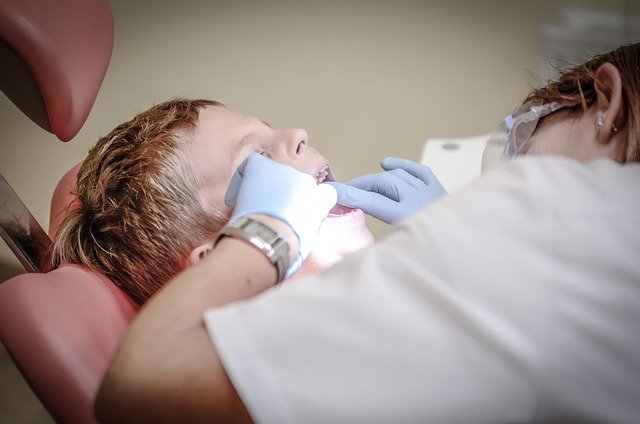Navigating the Paleo Diet: An Exploration of Prehistoric Nutrition
The Paleo Diet, often referred to as the Caveman Diet, has been making waves in the nutrition world for quite some time now. This diet is based on the presumed dietary habits of our Paleolithic ancestors, who lived 2.6 million to about 10,000 years ago. Advocates for the diet argue that our bodies are genetically matched to eat what our prehistoric ancestors ate, thus suggesting that modern diseases are linked to the Western diet and the consumption of grains, dairy, and processed foods.

Despite its recent popularity, the Paleo diet is not a new concept. The idea was first introduced in the 1970s by a gastroenterologist named Walter Voegtlin, who suggested that eating like our Paleolithic ancestors could lead to better health. However, it was Loren Cordain, a health science professor, who popularized the diet in 2002 with his book “The Paleo Diet.” Since then, the Paleo diet has gained a significant following and has been the subject of numerous scientific studies.
The Fundamentals of the Paleo Diet
The Paleo diet emphasizes whole foods, lean proteins, fruits, vegetables, nuts, and seeds, while discouraging processed foods, sugars, dairy products, grains, and legumes. The idea is to eat like a hunter-gatherer, consuming only foods that could be obtained through hunting and gathering.
The diet not only encourages healthier eating habits but also promotes physical activity, suggesting that regular exercise was a key component of our ancestors’ lifestyle. Thus, adherents of the Paleo diet often incorporate regular exercise into their routine.
The Paleo Diet and Disease Management
Proponents of the Paleo diet argue that it can lead to significant health improvements. Several studies have suggested that the diet may lead to weight loss, improved glucose tolerance, better blood pressure control, and a reduced risk of heart disease. These potential health benefits could be particularly useful for managing chronic conditions such as diabetes, heart disease, and obesity.
However, it is essential to note that while the diet can lead to weight loss and improvements in several health markers, these benefits are not unique to the Paleo diet. Any diet that emphasizes whole foods and limits processed foods can lead to similar benefits.
Criticisms and Controversies Surrounding the Paleo Diet
While the Paleo diet has its proponents, it is not without its critics. Some argue that the diet is too restrictive and difficult to follow long term. Others point out that it can lead to nutrient deficiencies, as it excludes entire food groups, such as grains and dairy, which are sources of essential nutrients.
Another criticism is that the diet is based on a flawed premise. Critics argue that our ancestors’ diet varied greatly depending on where they lived, meaning there was no one “Paleo” diet. Furthermore, humans have evolved to be flexible eaters, and our bodies are fully capable of digesting grains and dairy.
The Current Relevance and Future of the Paleo Diet
Despite the controversies, the Paleo diet continues to have a substantial following. Its emphasis on whole foods and physical activity resonates with many people looking for a healthier lifestyle. While it may not be suitable for everyone, it can certainly provide a framework for healthier eating for those who can manage its restrictions.
Moving forward, it is likely that the Paleo diet will continue to evolve. As more research is conducted, adjustments may be made to make the diet more balanced and less restrictive. In the end, the most important aspect is not whether the diet perfectly mimics that of our ancestors, but whether it promotes health and well-being in the present day.
In conclusion, the Paleo diet, like any other dietary approach, has its advantages and disadvantages. It is essential for each individual to consider their own dietary needs, preferences, and lifestyle when choosing a diet. As always, it is advisable to consult with a healthcare provider or a registered dietitian before starting any new diet or nutrition plan.




